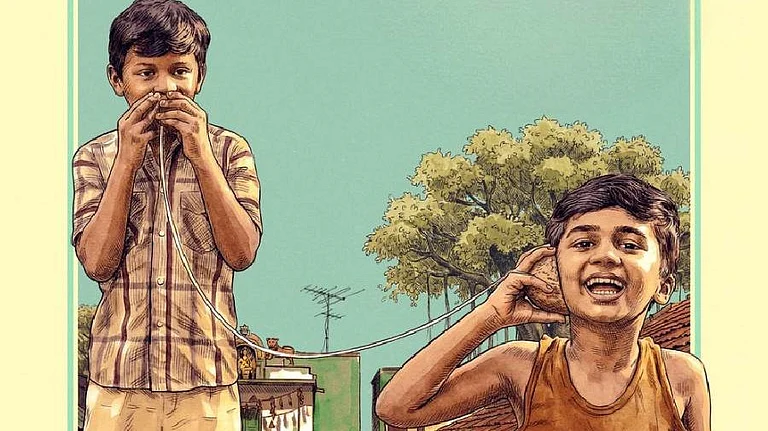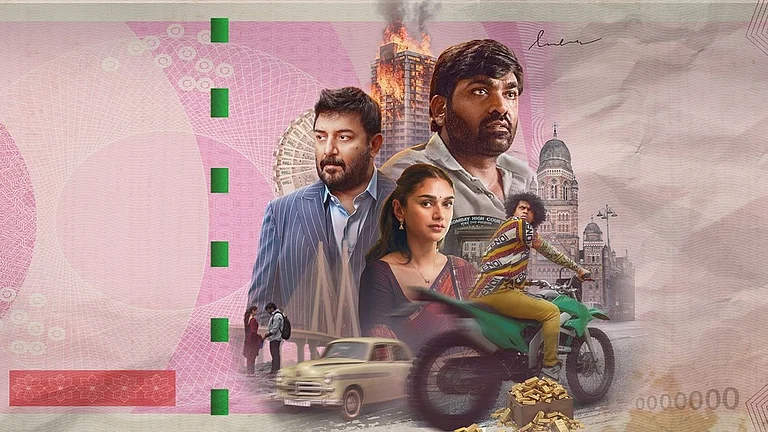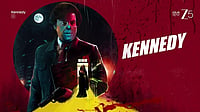As someone largely unacquainted with the DC universe, having only watched Superman (1978), Batman v Superman: Dawn of Justice (2016) and Zack Snyder’s Justice League (2021), I approached James Gunn’s Superman with an open mind, hopeful for a revival of DC’s legacy through one of its most iconic characters. Starring David Corenswet as a charming, boyish Superman, Rachel Brosnahan as Lois Lane, and Nicholas Hoult as Lex Luthor, the film has its moments. But even at its best, it feels curiously jaded.
Intended as a love letter to the superhero genre and a new beginning for the franchise, it bypasses foundational storytelling and instead relies heavily on the audience’s assumed knowledge. It felt like starting a film mid-way—omitting the backstories related to the origin of Superman’s descent to Earth, the foundation of his romance with Lois, and his conflict with Luthor. While most audiences know Superman was born on Krypton and raised in Kansas, the film treats this legacy as already established, offering little emotional anchoring from the beginning itself. Gunn frequently nods to Superman (1978), including John Williams’ iconic fanfare, but never quite captures its scale or sincerity. Its wondrous tagline—“You’ll believe a man can fly” remains underwhelmingly unmet here.
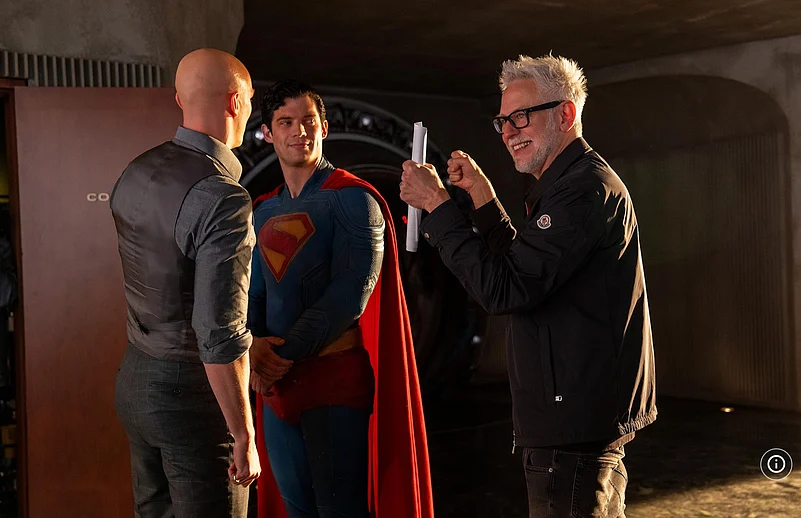
The plot follows Superman’s intervention in a fictional war between Boravia and Jarhanpur, marking a shift toward political commentary. Gunn’s immigrant Superman, though timely, feels more conceptually bold than emotionally anchored. His relationship with Lois and internal conflict about his identity feels underplayed. Corenswet and Brosnahan lack rhythm together, and their interactions seem awkward rather than compelling. The geopolitical allegory, faintly mirroring real-world conflicts like Ukraine and Russia, expands the film’s ambition, but the emotional stakes don’t match the narrative scale. Superman takes it upon himself to protect Jarhanpur from a metahuman weaponised by Luthor. While the idea is weighty, Gunn’s execution feels rushed. The film attempts to balance interdimensional warfare, global politics, and interpersonal drama—but the result is a disjointed experience lacking urgency or cohesion.
Hoult’s Lex Luthor, despite the impressive smirk and signature baldness, suffers from poor writing. Luther’s schemes—creating false media campaigns, imprisoning ex-girlfriends and annoying bloggers in pocket universes—are eccentric but forgettable. The film’s humour is palatable and often too subtle and safe, with Krypto the Superdog (inspired by Gunn’s own dog, Ozu) delivering the most memorable comic relief. Gunn’s affection for dogs and comic lore is clear, but the tone remains mild and emotionally neutral, never quite rising above a pleasant flatline.
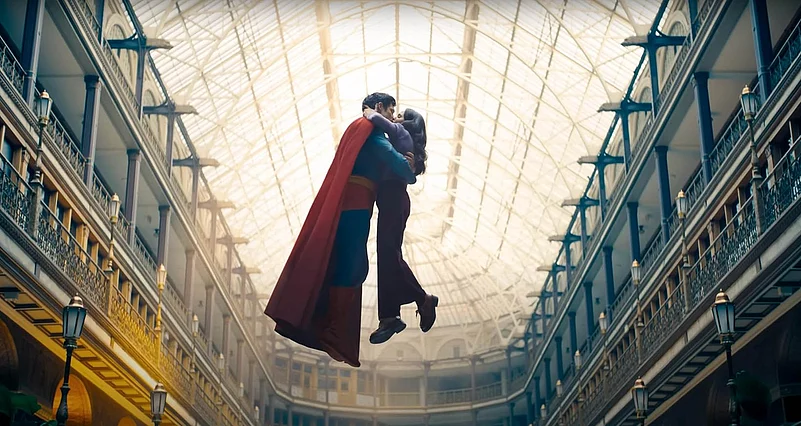
The Justice Gang consisting of Guy Gardner (Nathan Fillion), Hawkgirl (Isabela Merced), and Mister Terrific (Edi Gathegi) appear without real setup or character depth. Their camaraderie is presumed rather than earned. Corenswet fits the part—he’s charismatic, both as Superman and Clark—but his arc remains vague. His Superman insists he belongs among humans and holds punk-rock ideals, but those traits are mentioned, not lived. We’re told he’s selfless and sincere, but rarely shown.

With numerous subplots competing for space—metahumans, shapeshifters, a weird green baby, alternate dimensions and black holes—the final act spirals into visual clutter. The climax is loud but hollow, weighed down by tonal inconsistency, a flat reveal, and too little focus on the central trio. Despite the vibrant action and scattered charm, Superman fails to re-establish the emotional core the franchise once had. It stretches itself thin trying to be everything, yet leaves behind very little that lingers.








